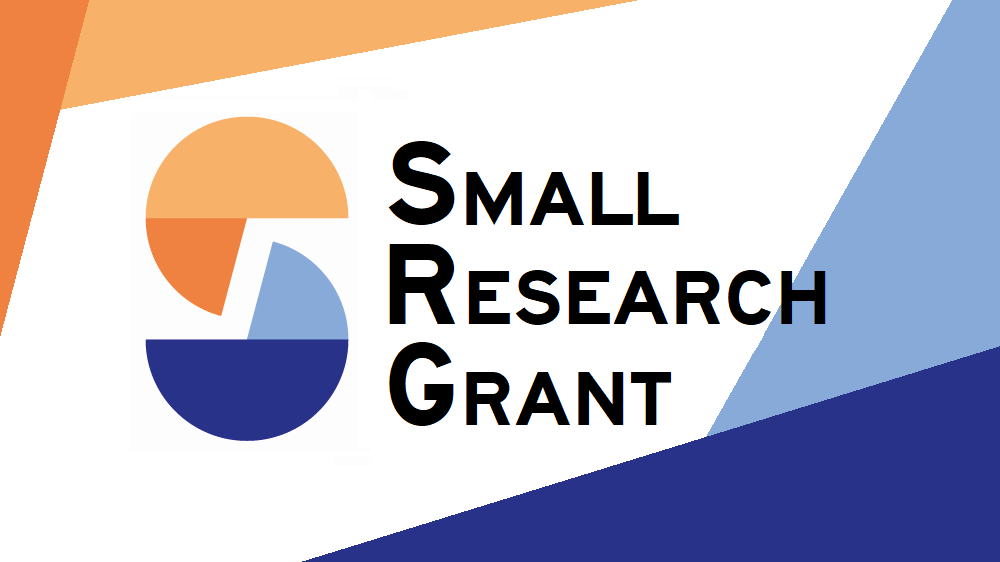A central function of cities is to connect workers and jobs. In developing economies, cities provide a potentially important pathway to structural transformation of labour markets by helping transition from subsistence self-employment to wage jobs. However, cities in the developing world often lack basic transportation infrastructure for commuting, suffer from extreme road congestion, and experience haphazard residential development and sprawling. These features of developing world cities may limit their potential to serve as catalysts of structural change. This project studies how improved urban infrastructure, broadly defined, shapes labour supply, commuting patterns and structural transformation of cities in the developing world.
At the heart of this project is the construction of a new internationally-comparable database of work and commuting patterns covering a number of cities in the world’s poorest regions. The database is constructed using travel surveys from major cities in the developing world such as Dhaka, Nairobi, Maputo, as well as some megacities in richer countries, such as Tokyo. The underlying data will cover, for a large representative urban population, all urban trips (time, geolocation, purpose, mode) along with information about demographic characteristics (gender, age) and occupation (including employment status). These travel surveys are used to document the spatial and temporal dimensions of urban labour supply decisions. The research team then develop a quantitative spatial model of labour supply and urban transportation decisions. Finally, they combine the model and the travel survey data to analyse whether urban transportation infrastructure is quantitatively relevant to the structural transformation of the labour market.
This project directly informs the role that cities in the poorest parts of the world can play in helping their economies undergo structural change. The core travel survey datasets cover cities in Sub-Saharan Africa, South Asia, and Southeast Asia, with the employment access and labour supply across the various cities under different development stages explicitly compared. The model and quantitative analysis directly investigate to what extent transportation improvement and residential development can help improve employment access of urban residents.
































































